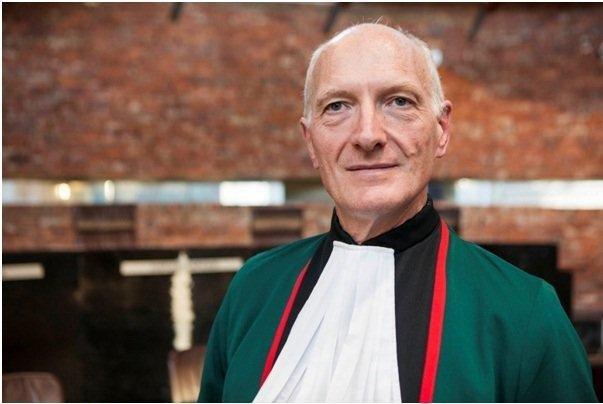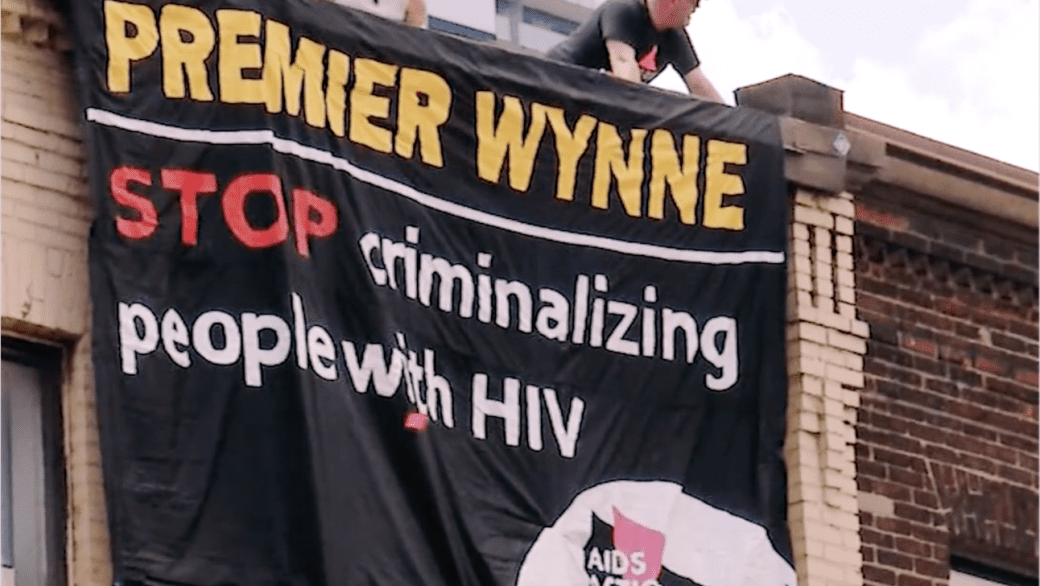Two Toronto-area men have been charged for allegedly not disclosing their HIV status in the past two weeks.
On Aug 11, 2016, Toronto police charged a man with aggravated sexual assault and sexual assault for allegedly not disclosing he was HIV-positive to a sexual partner over a period of a 18 months.
Three days later, Canadian Forces National Investigation Service arrested a civilian who worked at Canadian Forces Base Borden, around two hours outside of Toronto, for allegedly not disclosing his HIV status to a member of the armed forces. He was charged with four counts of aggravated assault.
The man’s lawyer told the Toronto Sun that he was on antiretroviral medication.
Daily Xtra does not publish the names of people charged with offences related to their HIV-status.
Though there is broad agreement amongst public health experts and HIV/AIDS advocates that criminalizing HIV non-disclosure is counter-productive and contributes to the stigmatization of HIV-positive people, Canada has been one of the world’s most aggressive countries when it comes to prosecuting people for HIV non-disclosure.
Over 180 people have been criminally charged for not disclosing their HIV status since 1989. And according to the Global Commission on HIV and the Law, at least 600 people in 24 countries have been convicted for HIV offences.
Canada singled out for criminalization
In June, a judge from South Africa’s highest court publicly lambasted Canada for prosecuting people for HIV exposure and transmission during a speech at the International AIDS Conference in Durban last month.
Edwin Cameron, a justice on the Constitutional Court of South Africa, singled out Canada’s HIV criminalization regime during his address.

“The Supreme Court of Canada in its decision in Mabior, made a person who has intercourse on fully suppressed anti-retroviral treatment without disclosing guilty of rape,” he said. “So I ask all of the Canadians to share the blame.”
R v Mabior was a 2012 Supreme Court judgement that confirmed that Canadians could be prosecuted for aggravated sexual assault if they don’t disclose their HIV status, regardless of whether HIV transmission occurred or if a person has low viral load.
Cameron, who is HIV-positive and has been open about his status since 1997, said that laws that criminalize HIV exposure and transmission play to prejudice and fear.
“Laws that criminalize those of us with HIV, ladies and gentlemen, are vicious, misguided and evil,” said Cameron. “By criminalizing exposure, they ignore the science of AIDS, which shows how difficult it is to transmit HIV.”
This is not the first time Cameron has called out Canada on HIV criminalization. At a symposium hosted by the Canadian HIV/AIDS Legal Network in 2009, Cameron called Canada a “world leader” in pursuing prosecutions for HIV exposure.
“Canada’s wide approach to exposure offences is sending out a terribly retrograde message to other countries, especially on my own continent, in Africa,” he said at the time.

 Why you can trust Xtra
Why you can trust Xtra


